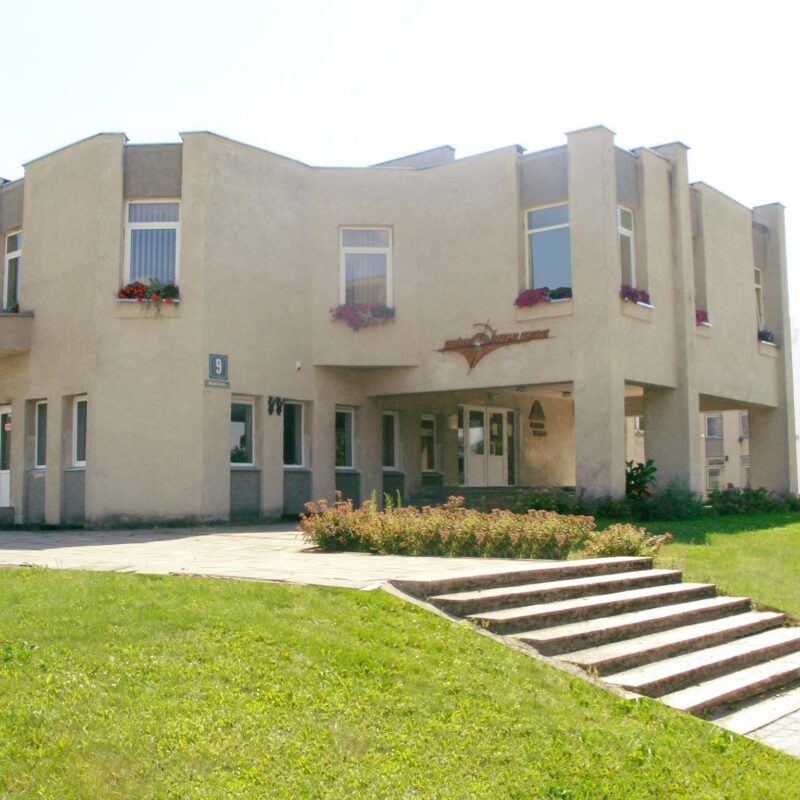About Education Centre
Varėna Education Centre was established on 1 September 1999 by Varėna District Municipality Council.
In 2008, the Centre was accredited for five years. The certificate was issued under the order No. ISAK-27 of 1 August 2008 of the Minister of Education and Science of the Republic of Lithuania.
Accreditation certificate No. 014
In 2012, under the order No. V-594 of 2 April 2012 of the Minister of Education and Science of the Republic of Lithuania, the validity of the accreditation certificate was extended for one year.

Strategic aims
- Quality non-formal education services, ensuring the implementation of the priorities of district’s educational system and formulating lifelong learning provisions.
- Increasing the accessibility of educational help for children, families and schools.
- Favourable informational environment for tourism and business development.
Mission
- To ensure the implementation of functions and educational priorities delegated by the state and the municipality in the field of non-formal adult education, promote and implement innovative initiatives which help in improving the qualification of teachers as well as general professional and personal competencies of district’s residents, and help district’s schools in ensuring the quality education of students with special educational needs.
- To create tourism and business infrastructure.
Vision
Varėna Education Centre is an efficient institution of district’s educational system which knows and meets the expectations of district’s residents about non-formal education, helps the district community to adequately formulate and implement lifelong learning provisions, and professionally balance changes with daily work and personal life.
Priority action areas
- Providing general skills and competences by implementing the educational policy of the state and the municipality.
- Revitalization of project activities.
- Improvement of environment and microclimate in workplaces.
Key action areas
- In-service training of teachers, organization of methodological activities, and dissemination of good practice.
- Educational psychological help for children, families, and schools.
- Dissemination of information and consulting on tourism and business.
- Enhancing the possibilities of leisure activities for youth.
- Seniors’ socialization.
